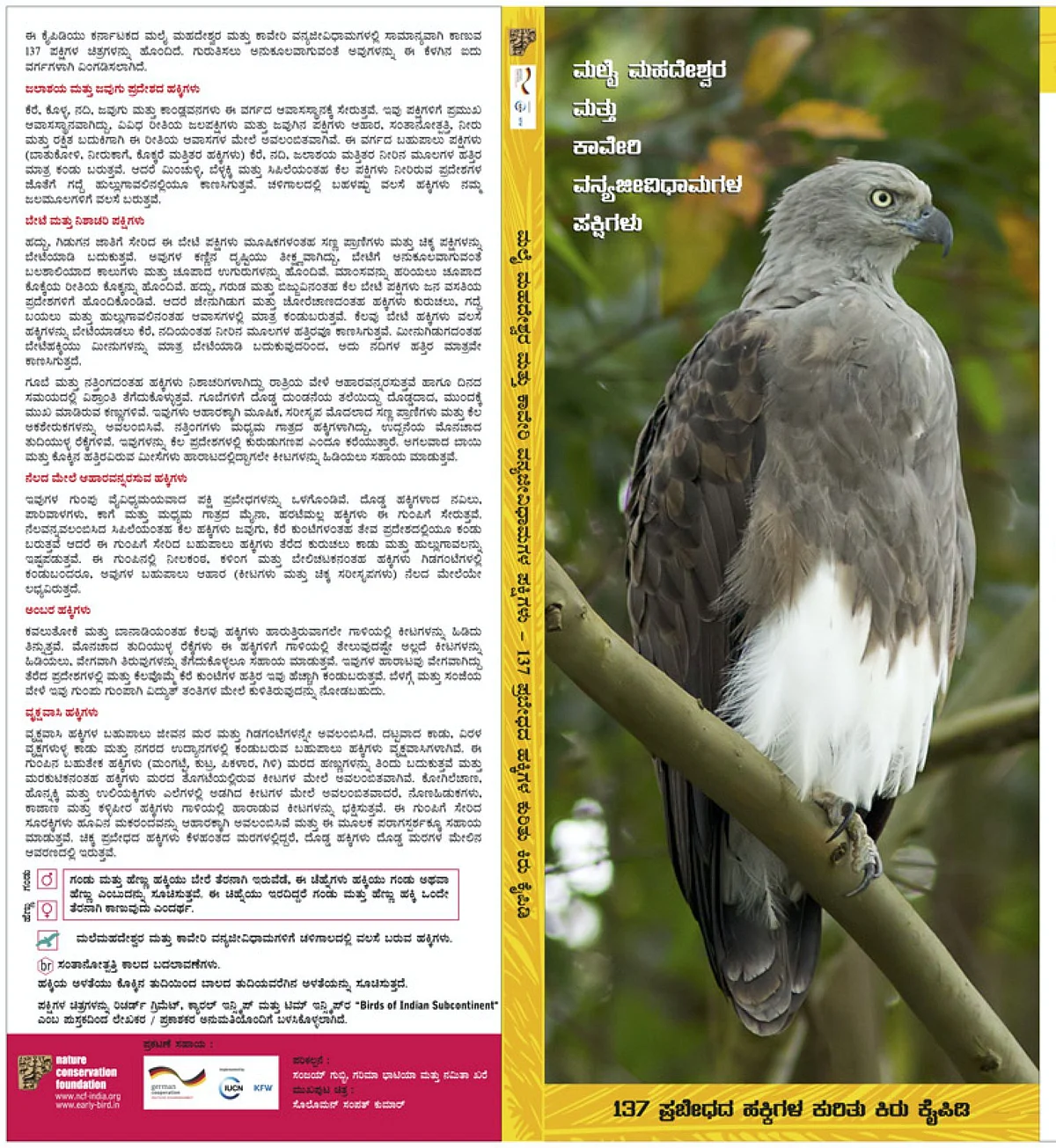Alumnus
Sanjay Gubbi
Scientist, Western Ghats – Deciduous Forests
Ph.D Wildlife and Management
As a wildlife biologist, Sanjay’s work focuses on the conservation of large carnivores like tigers and leopards, working on applied aspects and understanding their population biology, proposing conservation policies for their protection, and working to minimise human-wildlife conflict.
Sanjay's PhD examined factors underlying the variation of leopard distribution across a habitat modification gradient in Karnataka, and evaluated approaches to management of leopard-human conflict to help achieve a better understanding and management of this beleaguered species.
His work further involves reducing the impacts of habitat fragmentation, collaborating with the Karnataka Forest Department for the expansion of protected areas, understanding the impact of highways and roads on wildlife, conservation of forest corridors, providing alternatives for forest-based resources to local communities, conducting outreach programmes aimed at improving awareness on wildlife conservation and mitigating human-wildlife conflict, and improving social security measures for the frontline staff of the forest department and those affected by human-wildlife conflict.
On these projects, Sanjay works with a wide cross-section of people including policy makers, media personnel, local communities and social leaders. Sanjay firmly believes in the importance of community involvement and conservation awareness, and that led to the establishment of the Holématthi Nature Information Center near the MM Hills Wildlife Sanctuary.
As someone who stresses on effective communication, Sanjay is particularly interested in popularising wildlife conservation in local languages. He regularly writes pieces in English and Kannada for people to connect with conservation. His recent books include Leopard Diaries: The Rosette in India and, Second Nature-Saving Tiger Landscapes in the Twenty-First Century in English, and Shaalege Banda Chirate Mattu Itara Kathegalu and Vanyajeevigala Jaadu Hididu in Kannada, and a bilingual book Land of the Honey Badger, all drawing heavily from his experiences in and with the wild.
Sanjay was awarded the Whitley Award (Green Oscars) in 2017 as well as the Co-Existence Award (2019) among several others, for his work.
Sanjay's PhD examined factors underlying the variation of leopard distribution across a habitat modification gradient in Karnataka, and evaluated approaches to management of leopard-human conflict to help achieve a better understanding and management of this beleaguered species.
His work further involves reducing the impacts of habitat fragmentation, collaborating with the Karnataka Forest Department for the expansion of protected areas, understanding the impact of highways and roads on wildlife, conservation of forest corridors, providing alternatives for forest-based resources to local communities, conducting outreach programmes aimed at improving awareness on wildlife conservation and mitigating human-wildlife conflict, and improving social security measures for the frontline staff of the forest department and those affected by human-wildlife conflict.
On these projects, Sanjay works with a wide cross-section of people including policy makers, media personnel, local communities and social leaders. Sanjay firmly believes in the importance of community involvement and conservation awareness, and that led to the establishment of the Holématthi Nature Information Center near the MM Hills Wildlife Sanctuary.
As someone who stresses on effective communication, Sanjay is particularly interested in popularising wildlife conservation in local languages. He regularly writes pieces in English and Kannada for people to connect with conservation. His recent books include Leopard Diaries: The Rosette in India and, Second Nature-Saving Tiger Landscapes in the Twenty-First Century in English, and Shaalege Banda Chirate Mattu Itara Kathegalu and Vanyajeevigala Jaadu Hididu in Kannada, and a bilingual book Land of the Honey Badger, all drawing heavily from his experiences in and with the wild.
Sanjay was awarded the Whitley Award (Green Oscars) in 2017 as well as the Co-Existence Award (2019) among several others, for his work.
Projects
Publications
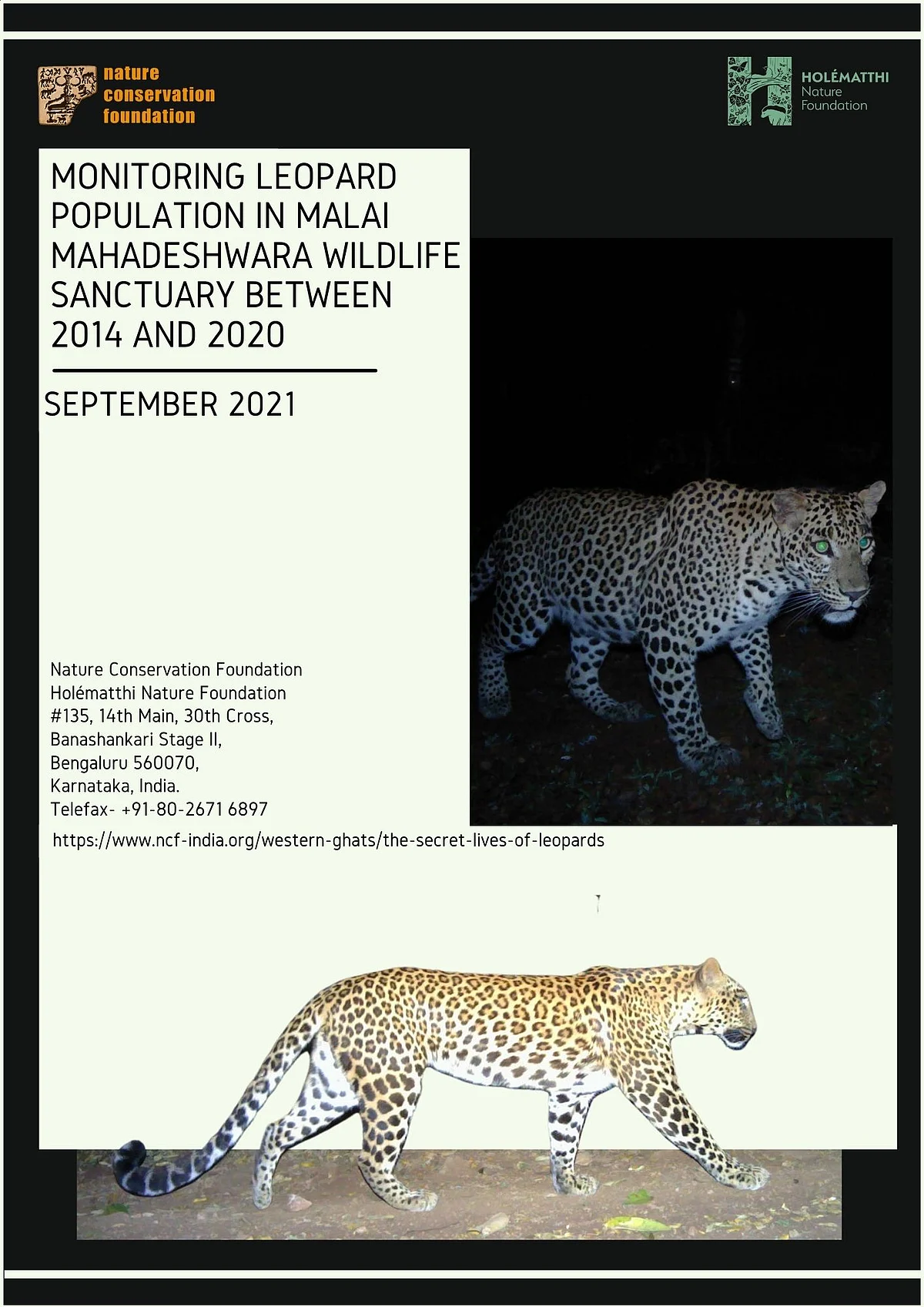
Report
2021
Monitoring Leopard Population in Malai Mahadeshwara Wildlife Sanctuary between 2014 and 2020
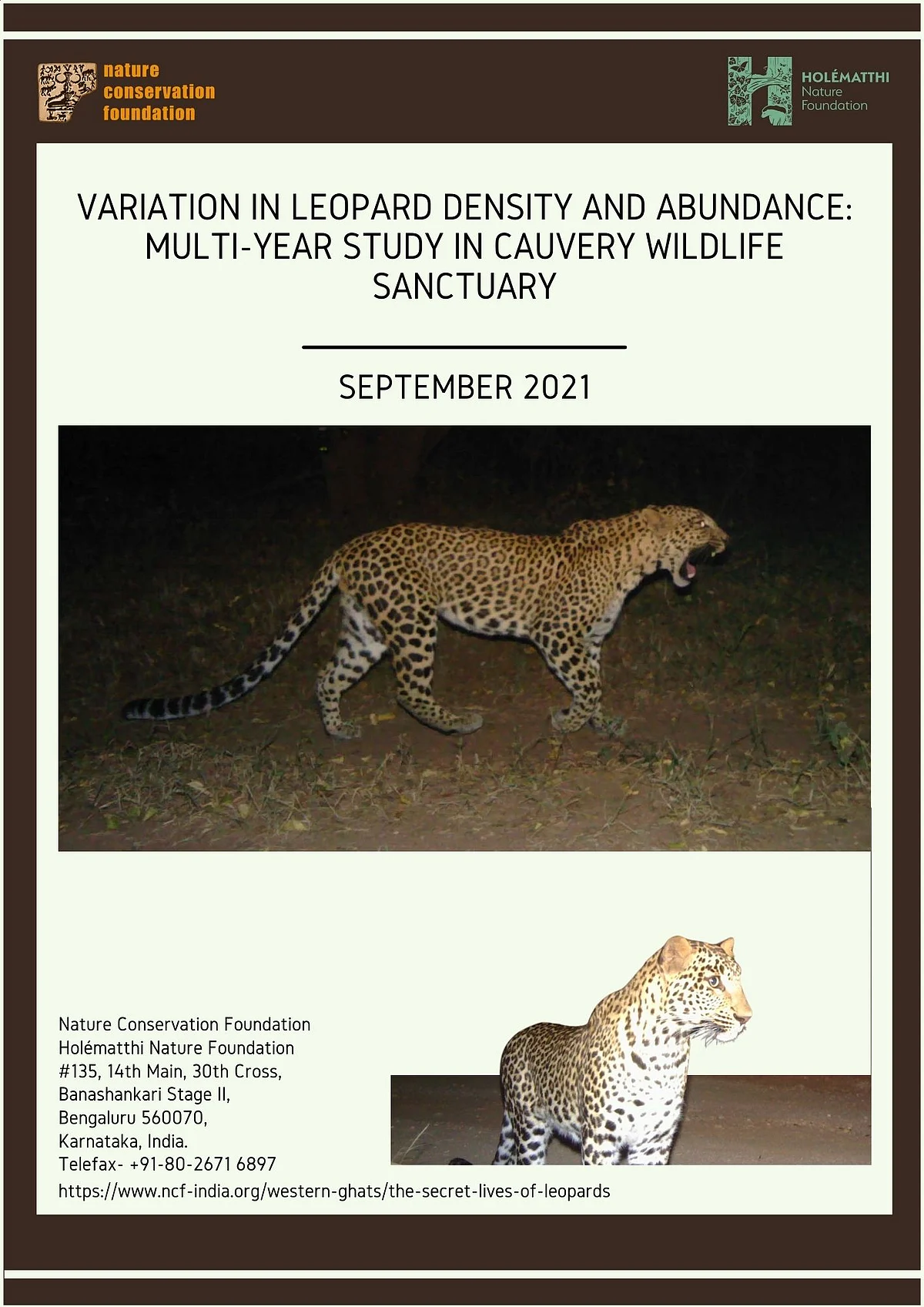
Report
2021
Variation in leopard density and abundance: Multi-year study in Cauvery Wildlife Sanctuary
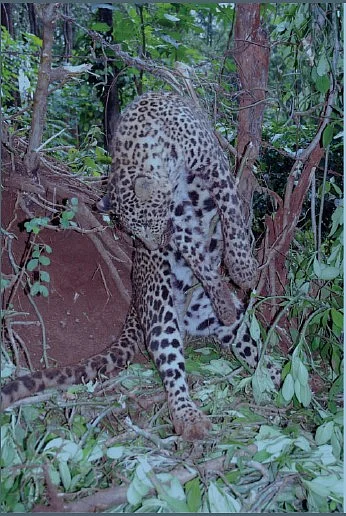
Journal Article
2021
Quantifying Wire Snares as a Threat to Leopards in Karnataka, India
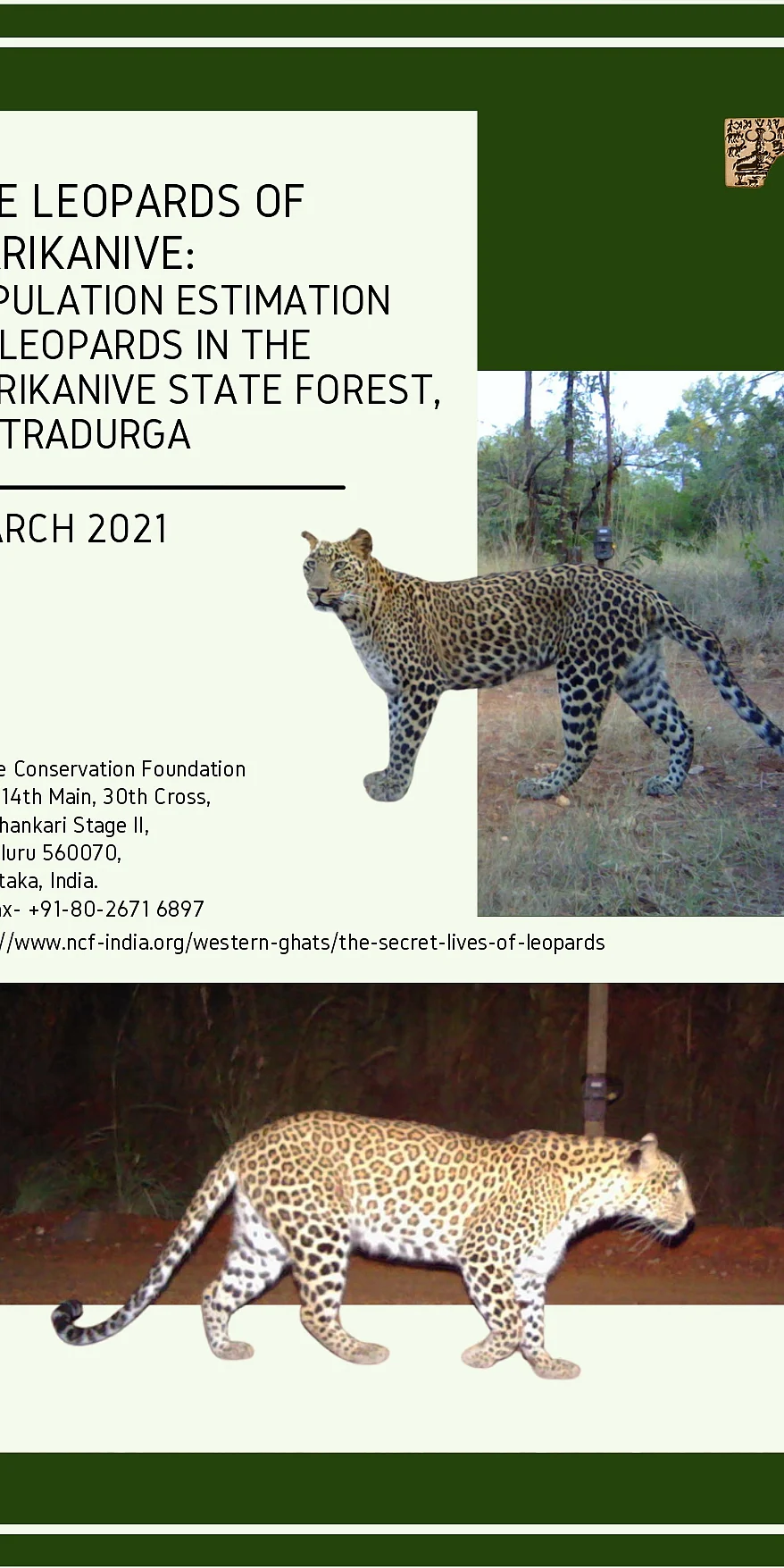
Report
2021
The leopards of Marikanive: Population estimation of leopards in the Marikanive State Forest, Chitradurga

Journal Article
2020
The lone wolf: new distribution update of the Indian grey wolf (Canis lupus pallipes) in southern India

Journal Article
2020
Policy to On-ground Action: Evaluating a Conflict Policy Guideline for Leopards in India

Journal Article
2020
Every hill has its leopard: patterns of space use by leopards (Panthera pardus) in a mixed use landscape in India
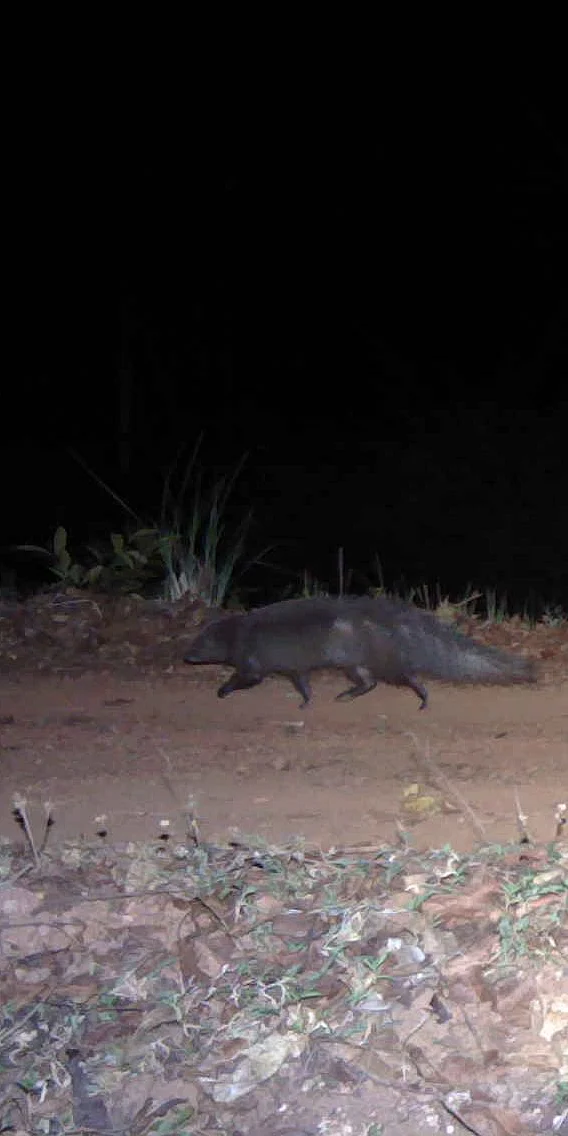
Journal Article
2020
An extension of the known range of Brown Mongoose Urva fuscus in Southern India
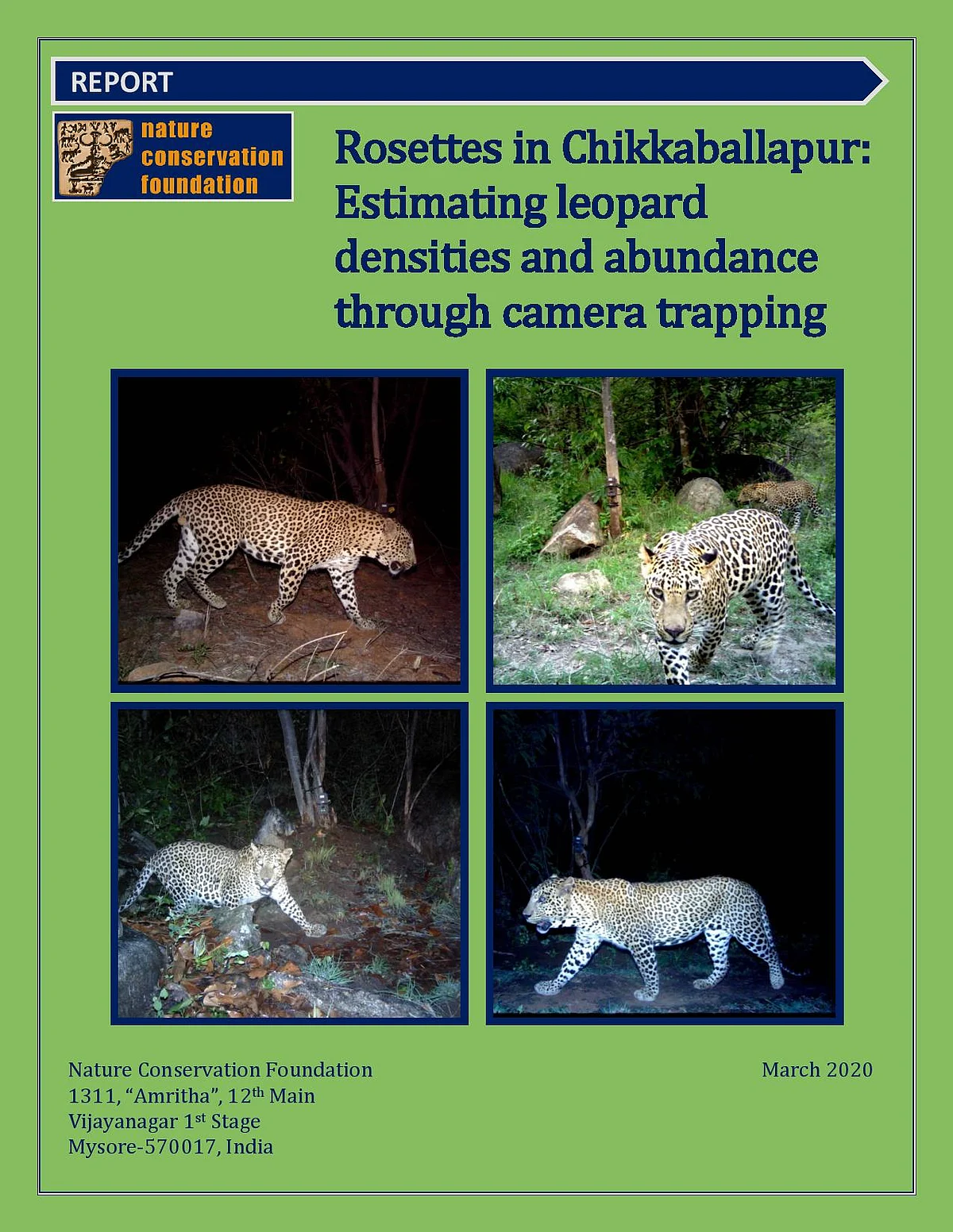
Report
2020
Rosettes in Chikkaballapur: Estimating leopard densities and abundance through camera trapping

Journal Article
2019
Counting the unmarked: Estimating animal population using count data


Journal Article
2019
Pangolins in global camera trap data: Implications for ecological monitoring
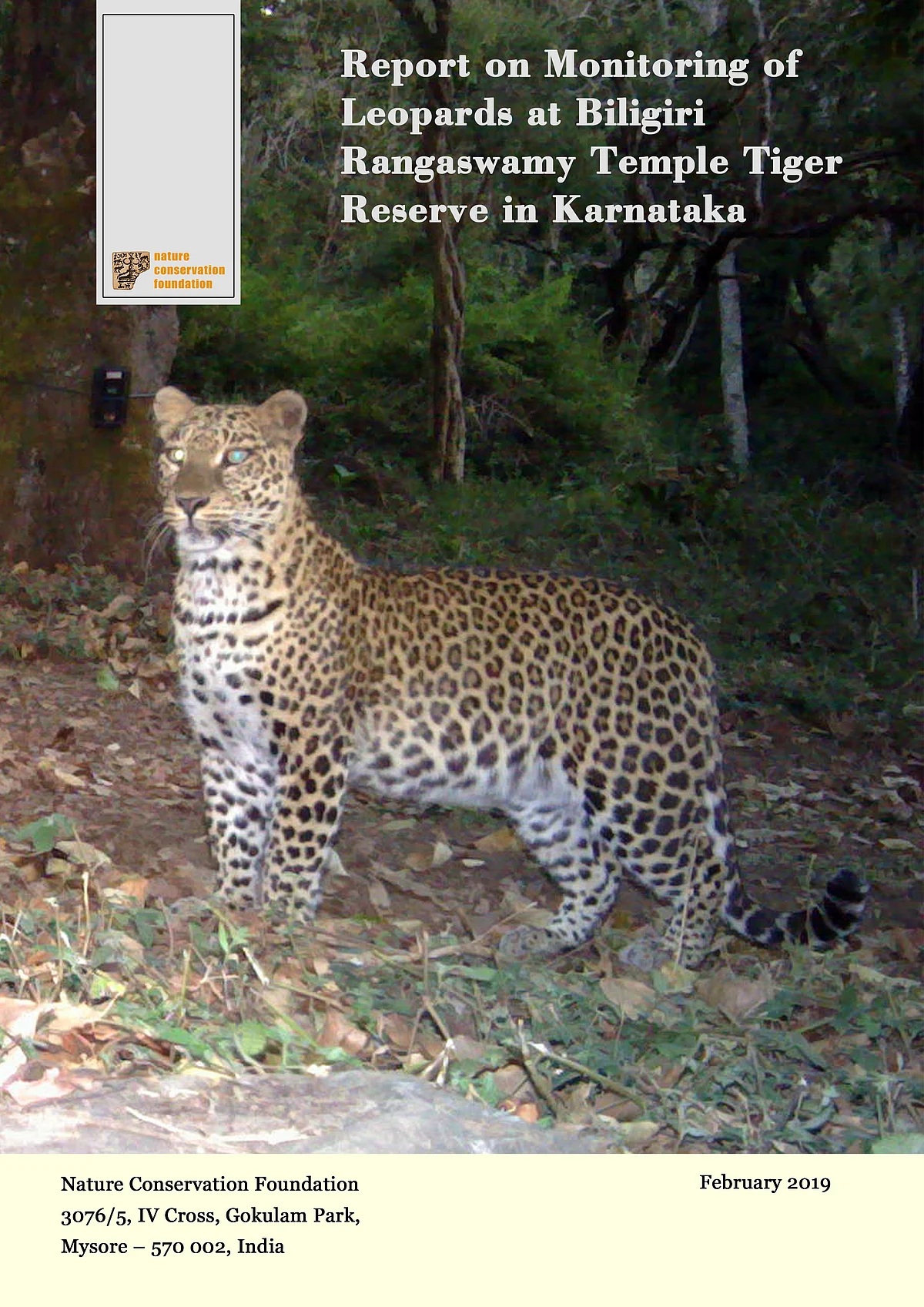
Report
2019
Monitoring of leopards at Biligiri Rangaswamy Temple Tiger Reserve in Karnataka
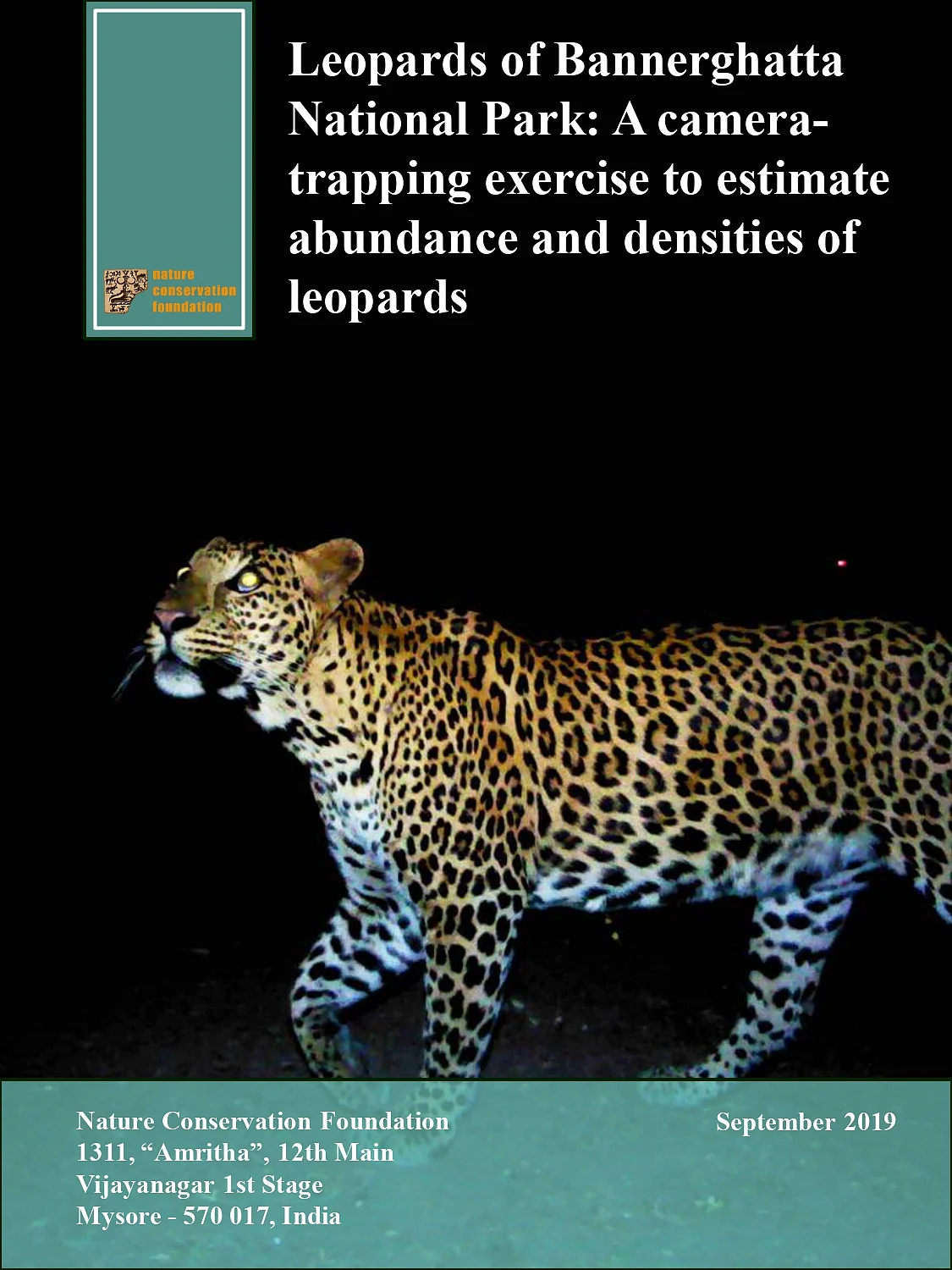
Report
2019
Leopards of Bannerghatta National Park: A camera-trapping exercise to estimate abundance and densities of leopards
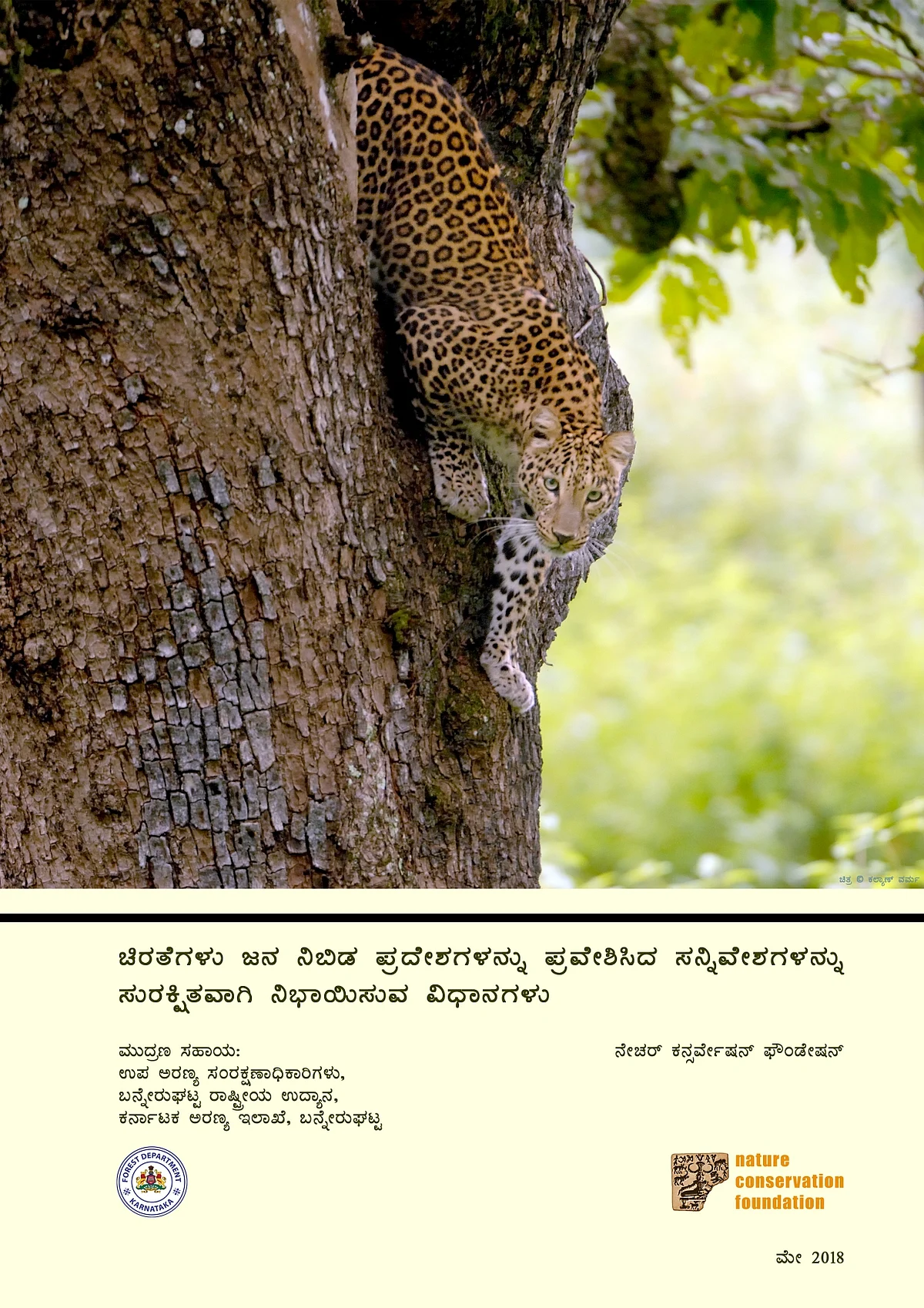
Report
2018
ಚಿರತೆಗಳು ಜನ ನಿಬಿಡ ಪ್ರದೇಶಗಳನ್ನು ಪ್ರವೇಶಿಸಿದ ಸನ್ನಿವೇಶಗಳನ್ನು ಸುರಕ್ಷಿತವಾಗಿ ನಿಭಾಯಿಸುವ ವಿಧಾನಗಳು (Safely handling situations when leopards enter human dense areas - Kannada version)

Journal Article
2017
Evaluating a survey landscape for tiger abundance in the confluence of the Western and Eastern Ghats

Report
2017
Ecology and conservation of leopards in protected and multiple use forests in Karnataka
Journal Article
2016
Providing more protected space for tigers Panthera tigris: a landscape conservation approach in the Western Ghats, southern India
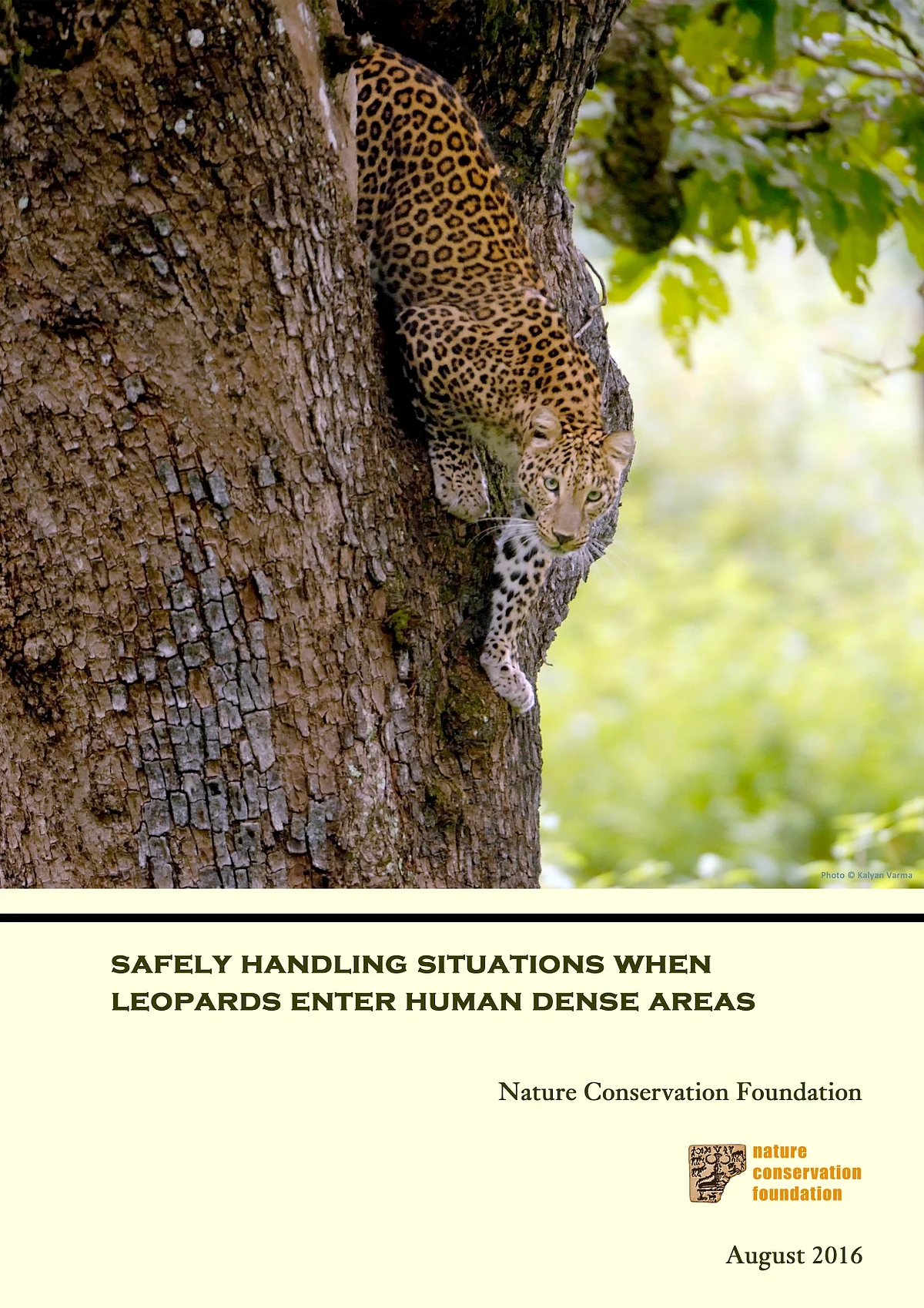
Journal Article
2015
Distribution, relative abundance, and conservation status of Asian elephants in Karnataka, southern India
Book Chapter
2015
Finding the middle road: Grounded approaches to mitigate highway impacts in tiger reserves
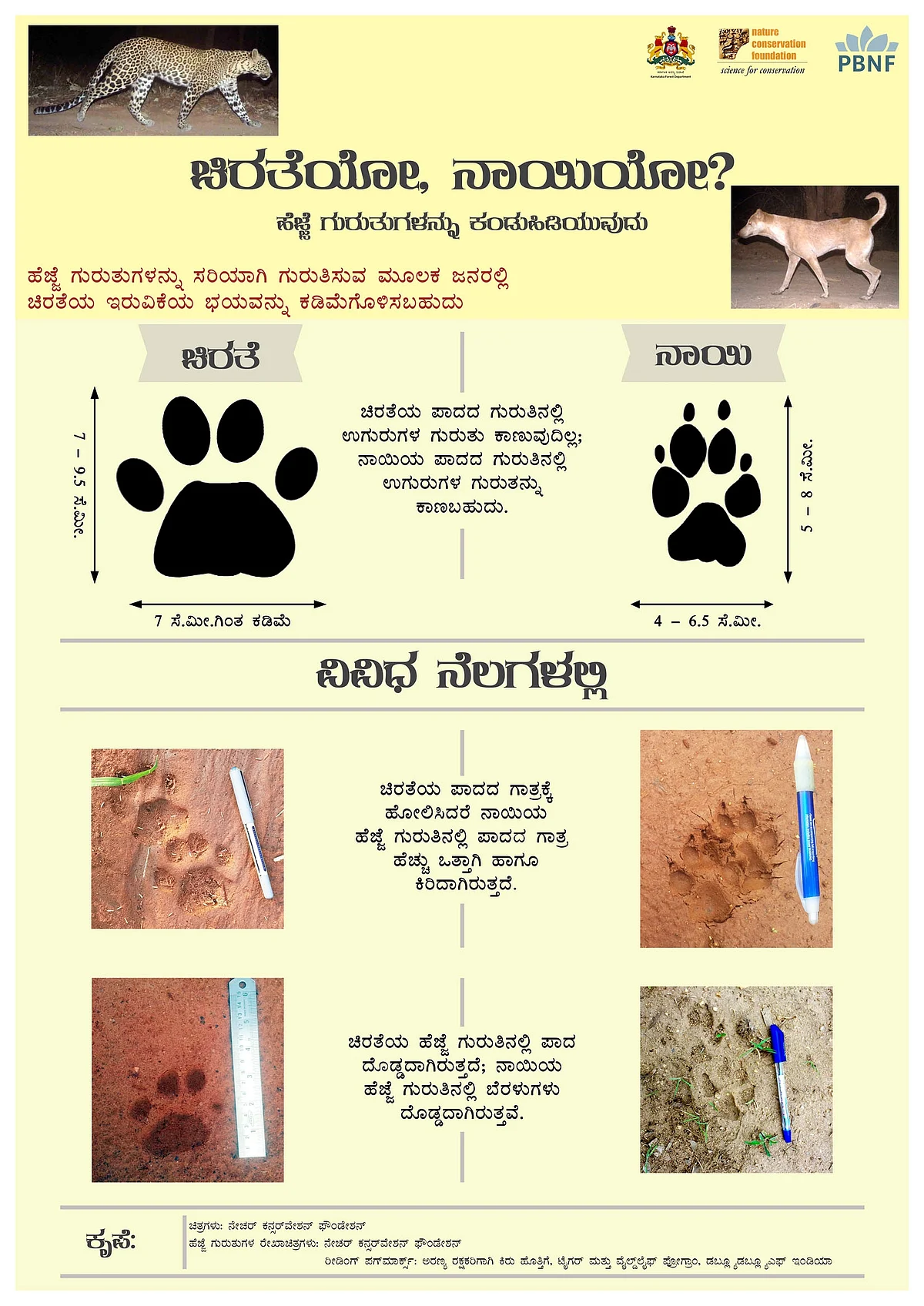
Poster
2015
Poster depicting dog and leopard pugmarks designed to help reduce anxiety and tensions - Kannada version
Journal Article
2014
An elephantine challenge: human–elephant conflict distribution in the largest Asian elephant population, southern India
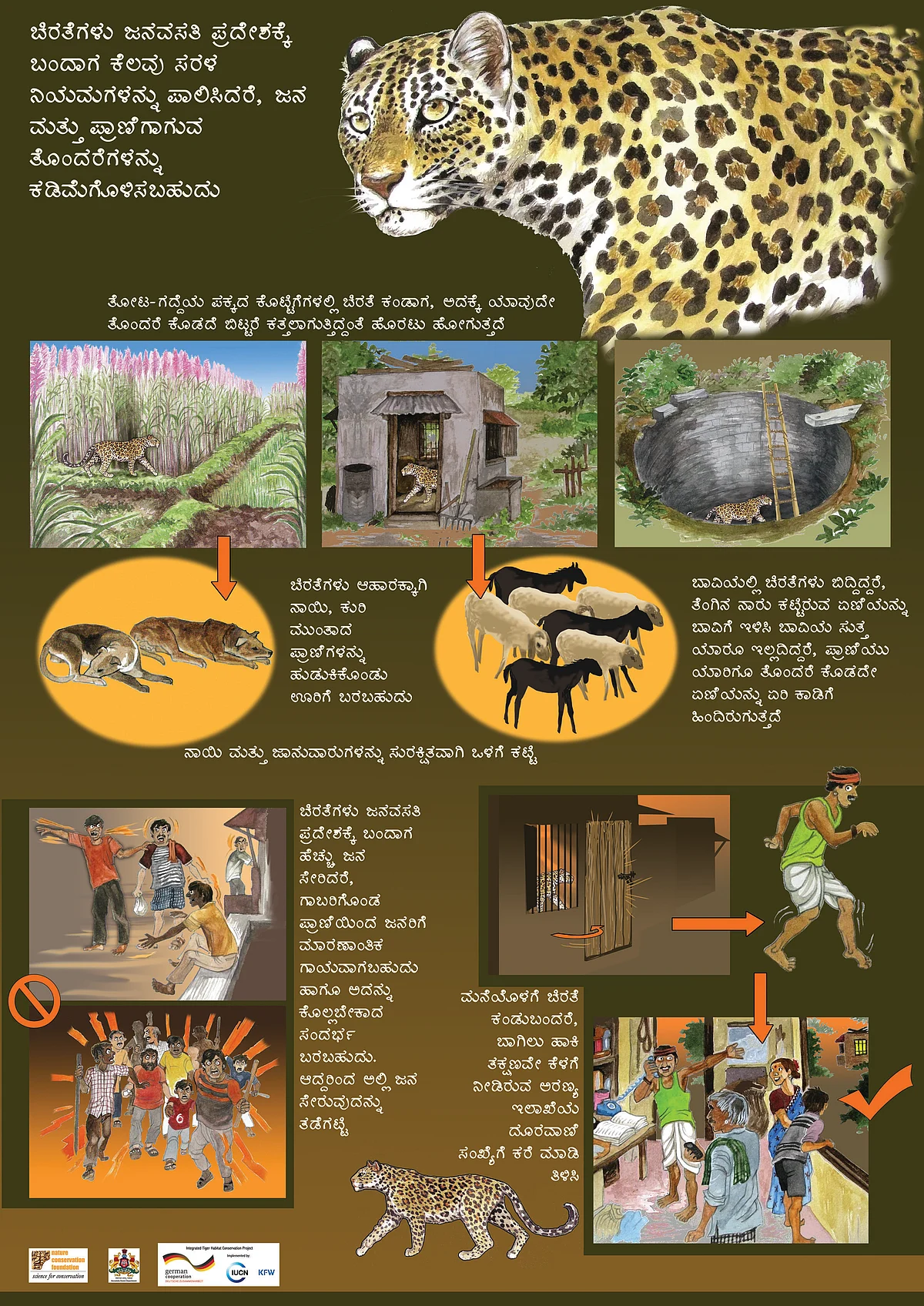
Journal Article
2012
Impact of vehicular traffic on large mammal use of highway-edges in southern India

Journal Article
2008
Two new records of distribution of four-horned antelope (Tetracerus quadricornis)
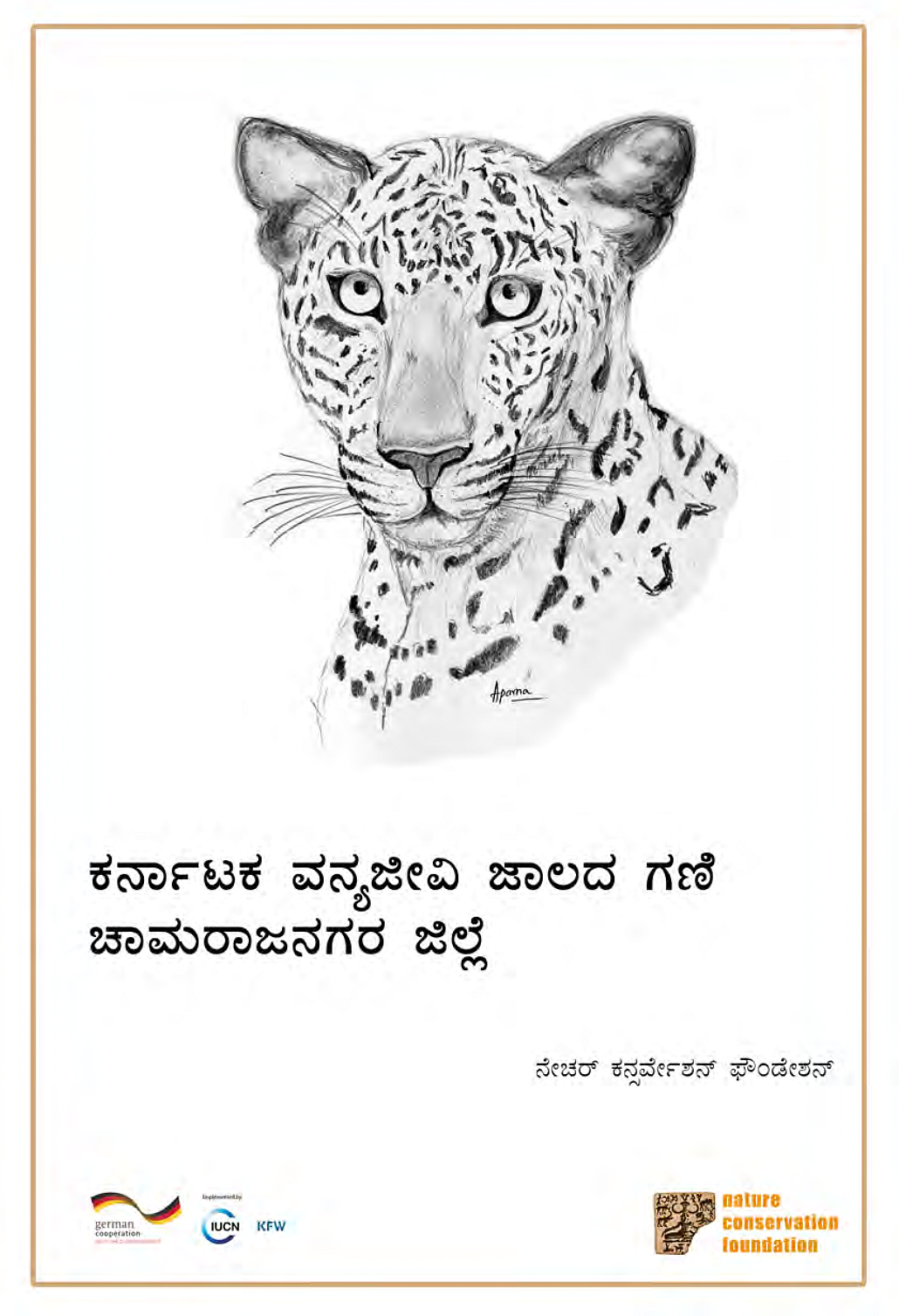
Book
Wildlife of Chamarajnagara, Karnataka | ಕರ್ನಾಟಕ ವನ್ಯಜೀವಿ ಜಾಲದ ಗಣಿ ಚಾಮರಾಜನಗರ ಜಿಲ್ಲೆ
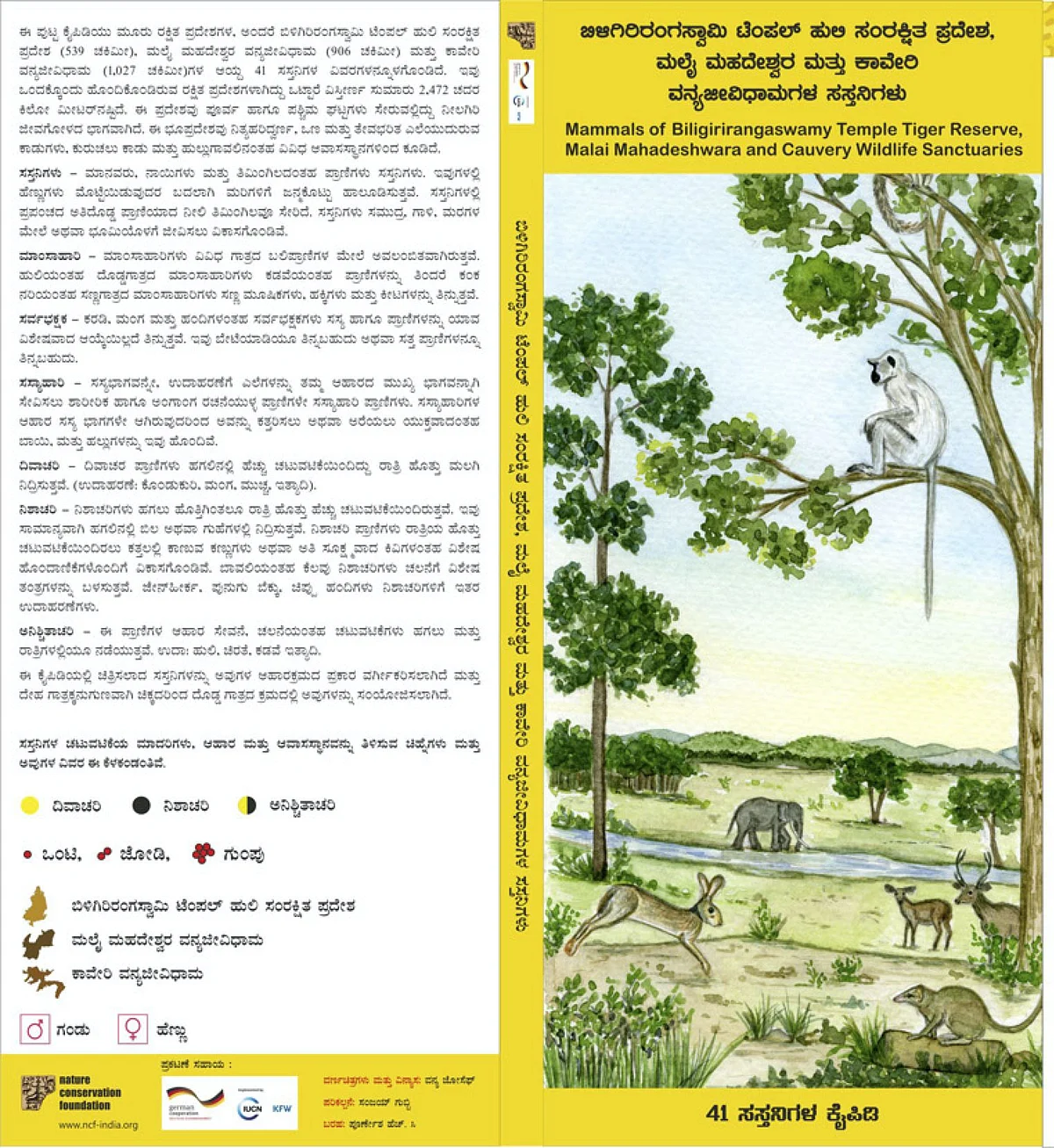
Mammals of Biligirirangaswamy Temple Tiger Reserve, Malai Mahadeshwara and Cauvery Wildlife Sanctuaries - A bilingual pocket guide
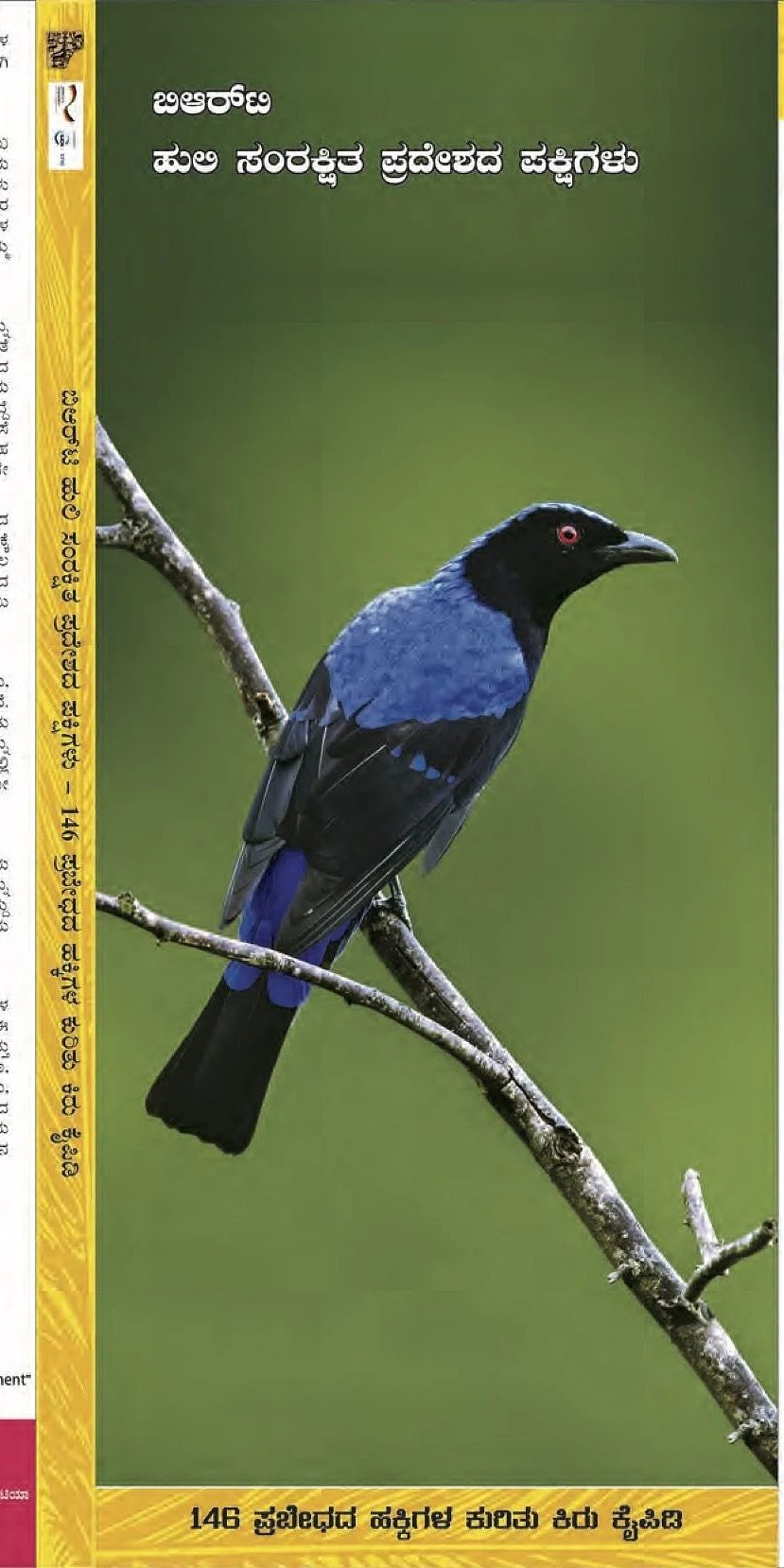
Common birds of BRT Tiger Reserve (Pocket guide)
